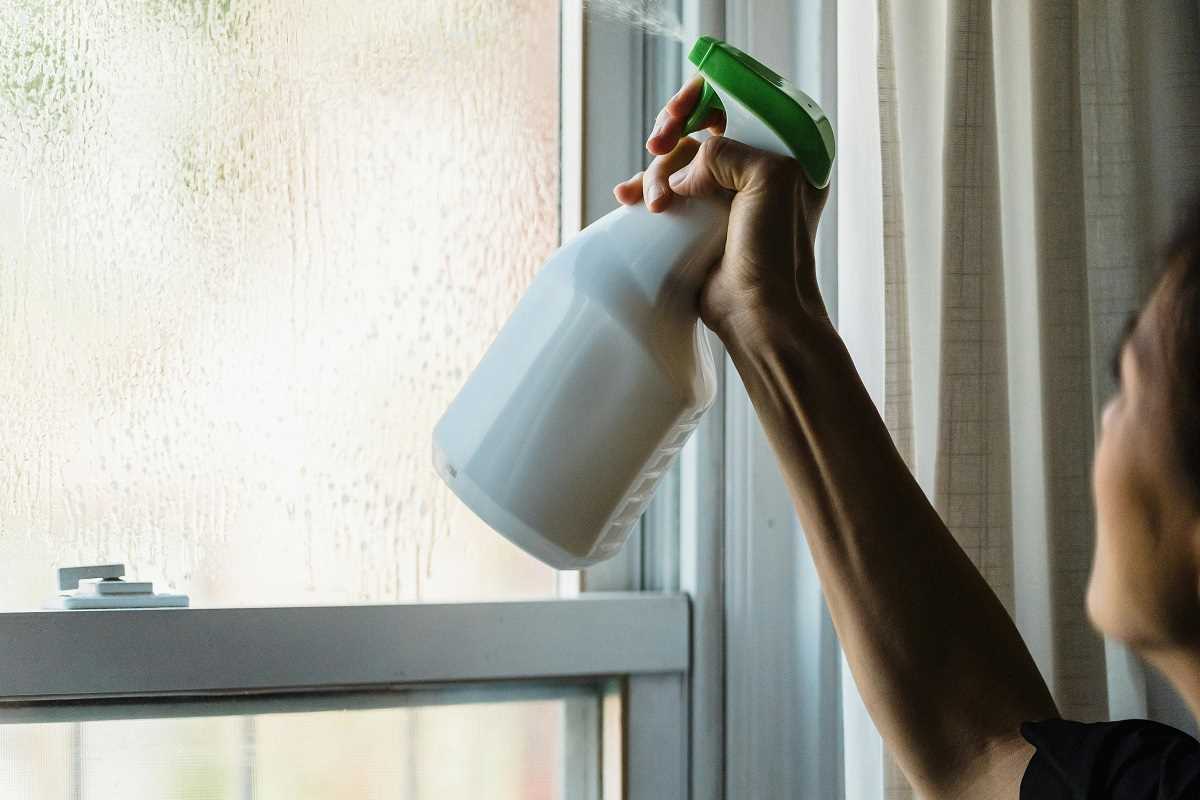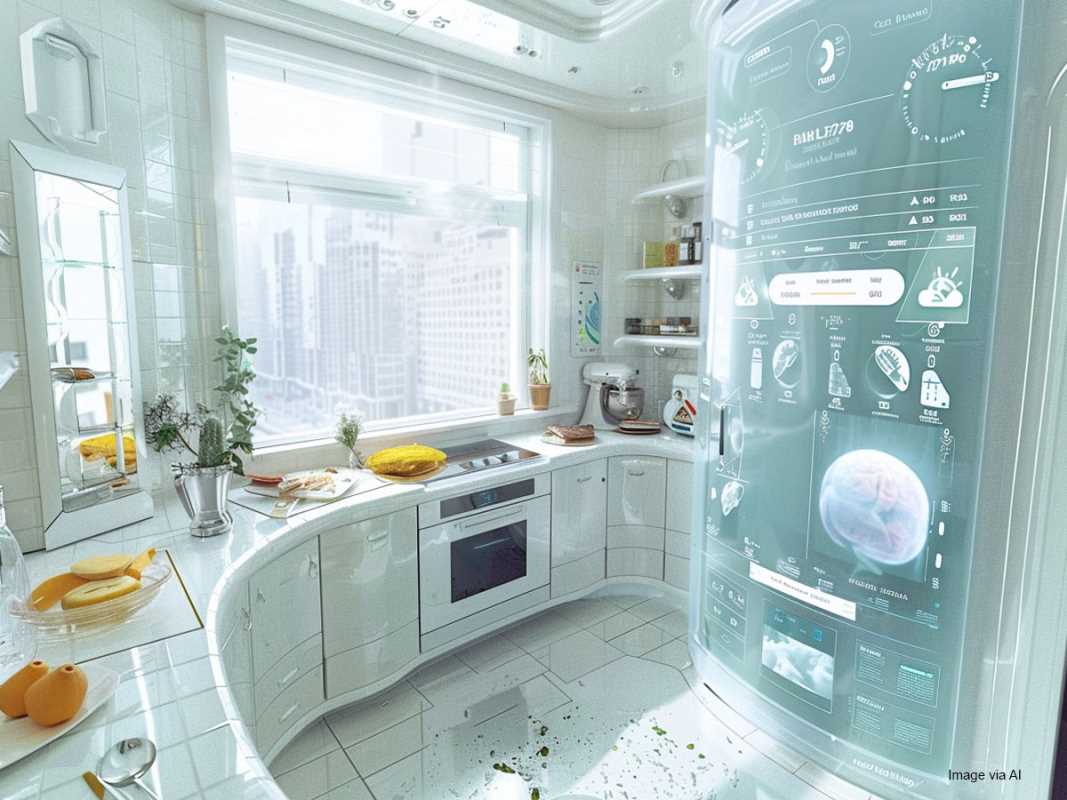Living with intention means being more mindful of the impact your everyday habits have on the world around you. One area where thoughtful change can start is right in your kitchen. A large amount of what we throw away—like citrus peels, coffee grounds, and other food scraps—still has plenty of value left to offer. Instead of discarding them, you can give these leftovers a second life by turning them into powerful, natural cleaning solutions. Doing so not only helps cut down on waste but also replaces harsh, chemical-laden products with gentler options. It’s a creative, practical way to care for your home and the environment.
Why Choose Biodegradable Cleaners?
- Eco-Friendly: Made from natural ingredients, biodegradable cleaners break down easily, reduce pollution, and conserve natural resources.
- Cost-Effective: Using kitchen scraps saves money by eliminating the need to purchase expensive commercial cleaners.
- Health Benefits: Free from harmful chemicals, these cleaners are safer for your family and pets, minimizing exposure to toxins.
- Customizable: You can tailor recipes to suit your specific cleaning needs and preferences, ensuring optimal results.
Gathering Kitchen Scraps
Before you create effective biodegradable cleaners, it is essential to gather the right kitchen scraps. Commonly overlooked items like citrus peels, coffee grounds, and vinegar prove invaluable in crafting natural cleaning solutions. These ingredients offer cleaning power and add pleasant scents to your home without relying on artificial fragrances.
For instance, citrus peels, such as those from oranges and lemons, contain natural oils that possess antibacterial properties. Vinegar acts as a powerful disinfectant and tackles stubborn stains and grime. By regularly collecting these scraps, you ensure a steady supply of raw materials for your homemade cleaners, making the process both sustainable and efficient.
Simple Recipes for Homemade Cleaners
- Citrus Vinegar Cleaner: Combine 2 cups of white vinegar with the peels of 3-4 citrus fruits. Let the mixture sit for two weeks in a sealed container. Strain the liquid and dilute it with water in a 1:1 ratio. Use it to clean surfaces, removing grease and grime effectively while leaving a fresh citrus scent.
- Herbal All-Purpose Cleaner:In a jar, mix equal parts of vinegar and water with a handful of fresh herbs like rosemary or mint. Allow the mixture to infuse for a week. Strain and transfer the cleaner to a spray bottle. This solution works well for countertops, sinks, and other surfaces, offering a pleasant herbal aroma.
- Natural Dish Soap: Combine 1 cup of liquid castile soap with 1/4 cup of distilled water and 10 drops of essential oil for fragrance. Pour the mixture into a recyclable bottle. This dish soap is gentle on hands and tough on grease, making it a sustainable alternative to store-bought options.
Incorporating Zero-Waste Practices
Integrating zero-waste practices into your daily routine significantly enhances your sustainability efforts. Start by organizing your kitchen to make repurposing materials easy and efficient. For example, designate a container specifically for citrus peels and other scraps immediately after use. This habit ensures that nothing valuable goes to waste.
Finding creative ways to repurpose coffee grounds also proves effective. They serve as both a deodorizer and an abrasive cleaner for tough stains. By discovering multiple uses for your kitchen scraps, you maximize their value and decrease the overall waste your household generates.
Expanding Your Eco-Friendly Efforts
Creating biodegradable cleaners serves as a fantastic start, and many other ways exist to live sustainably and reduce waste at home. Consider implementing recycling and composting systems to manage different types of waste effectively. Using reusable containers and cloths instead of disposable ones can also make a substantial difference.
You can explore more ways to use your kitchen scraps, such as turning vegetable tops into nutritious broths or using eggshells as natural fertilizer for your plants. These small changes collectively contribute to a more sustainable and zero-waste household.
Expanding Your Eco-Friendly Efforts
Along with turning kitchen scraps into cleaners, embracing other sustainable practices can further enhance your eco-conscious lifestyle. Reducing single-use plastics, supporting local and organic products, and conserving water and energy all represent impactful steps. By broadening your approach to sustainability, you create a more comprehensive zero-waste home that benefits both you and the planet.
Creating biodegradable cleaners from kitchen scraps reduces waste and fosters a sustainable home. These practices support a zero-waste lifestyle and benefit the environment.
 (Image via
(Image via





